
This book presents a comparative look at the norms and attitudes related to youth violence. It aims to present a perspective outside of the typical Western context, through case studies comparing a developed / Western democracy (Germany), a country with a history of institutionalized violence (South Africa), and an emerging democracy that has exper...

Good education changes lives. It is therefore unsurprising that improved schooling plays a central part in most development strategies. At the same time, the expansion of school attainment alone is not sufficient to guarantee improved welfare. This book focuses on one country in West Africa, Togo, to explore what a country that has successfully inc...
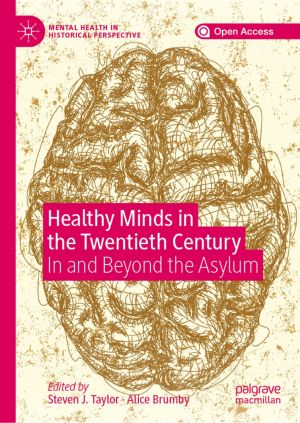
This open access edited collection contributes a new dimension to the study of mental health and psychiatry in the twentieth century. It takes the present literature beyond the 'asylum and after' paradigm to explore the multitude of spaces that have been permeated by concerns about mental well-being and illness. The chapters in this volum...

This book investigates psychiatry in Uganda during the years of decolonisation. It examines the challenges facing a new generation of psychiatrists as they took over responsibility for psychiatry at the end of empire, and explores the ways psychiatric practices were tied to shifting political and development priorities, periods of instability, and ...

This open access Pivot book is a comparative study of six early colonial public libraries in nineteenth-century Australia, South Africa, and Southeast Asia. Drawing on networked conceptualisations of empire, transnational frameworks, and 'new imperial history' paradigms that privilege imbricated colonial and metropolitan 'intercultur...

This book explores how the body was investigated in the late nineteenth-century asylum in Britain. As more and more Victorian asylum doctors looked to the bodily fabric to reveal the 'truth' of mental disease, a whole host of techniques and technologies were brought to bear upon the patient's body. These practices encompassed the cli...

The book presents the Proceedings of the 13th International Congress on Mathematical Education (ICME-13) and is based on the presentations given at the 13th International Congress on Mathematical Education (ICME-13). ICME-13 took place from 24th- 31st July 2016 at the University of Hamburg in Hamburg (Germany). The congress was hosted by the Societ...

This book offers new insights into the ageing-migration nexus and the nature of home. Documenting the hidden world of France's migrant worker hostels, it explores why older North and West African men continue to live past retirement age in this sub-standard housing. Conventional wisdom holds that at retirement labour migrants ought to instead ...

This book explores the under-researched history of male mental illness from the mid-twentieth century. It argues that statistics suggesting women have been more vulnerable to depression and anxiety are misleading since they underplay a host of alternative presentations of 'distress' more common in men....
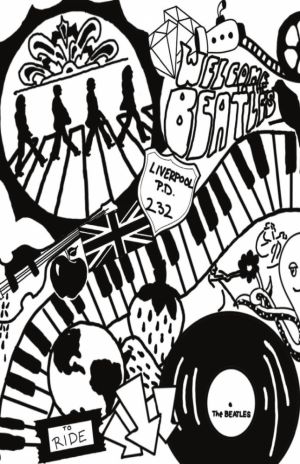
Organized, authored, and edited over the course of five months by a class of eighteen Virginia Tech undergraduate students, Welcome to the Beatles represents their collective contribution to the larger scholarship on the most important band in rock history. The chapters build upon the work of noted author and historian Mark Lewisohn and take into a...

This volume is a comprehensive, critical introduction to vertebrate zooarchaeology, the field that explores the history of human relations with animals from the Pliocene to the Industrial Revolution. The book is organized into five sections, each with an introduction, that leads the reader systematically through this swiftly expanding field. Sec...

This book provides a comprehensive and systematic overview of the main topics of taxation in European law. The sequence of arguments follows an institutional logic, respecting the academic tradition of tax law. It first outlines the general framework of EU institutions, with a particular focus on the set of regulations regarding taxation with refer...

Windows Server has powered a generation of organizations, from small businesses to large enterprises. No matter what your role in IT, you can be guaranteed you that have touched Windows Server at some point in your career or at very least you have seen it from afar! This book introduces you to Windows Server 2016, which is the next version of Windo...
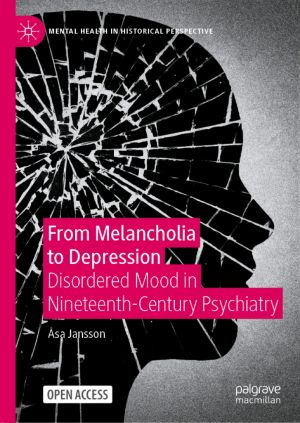
This open book maps a crucial but neglected chapter in the history of psychiatry: how was melancholia transformed in the nineteenth century from traditional melancholy madness into a modern biomedical mood disorder, paving the way for the emergence of clinical depression as a psychiatric illness in the twentieth century? At a time when the prevalen...
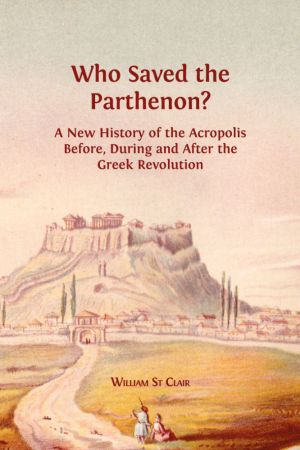
In this magisterial book, William St Clair unfolds the history of the Parthenon throughout the modern era to the present day, with special emphasis on the period before, during, and after the Greek War of Independence of 1821 - 32. Focusing particularly on the question of who saved the Parthenon from destruction during this conflict, with the help ...
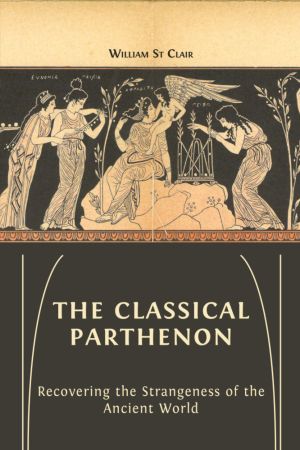
Complementing Who Saved the Parthenon? this companion volume sets aside more recent narratives surrounding the Athenian Acropolis, supposedly 'the very symbol of democracy itself', instead asking if we can truly access an ancient past imputed with modern meaning. And, if so, how?
In this book William St Clair presents a reconstructed u...
